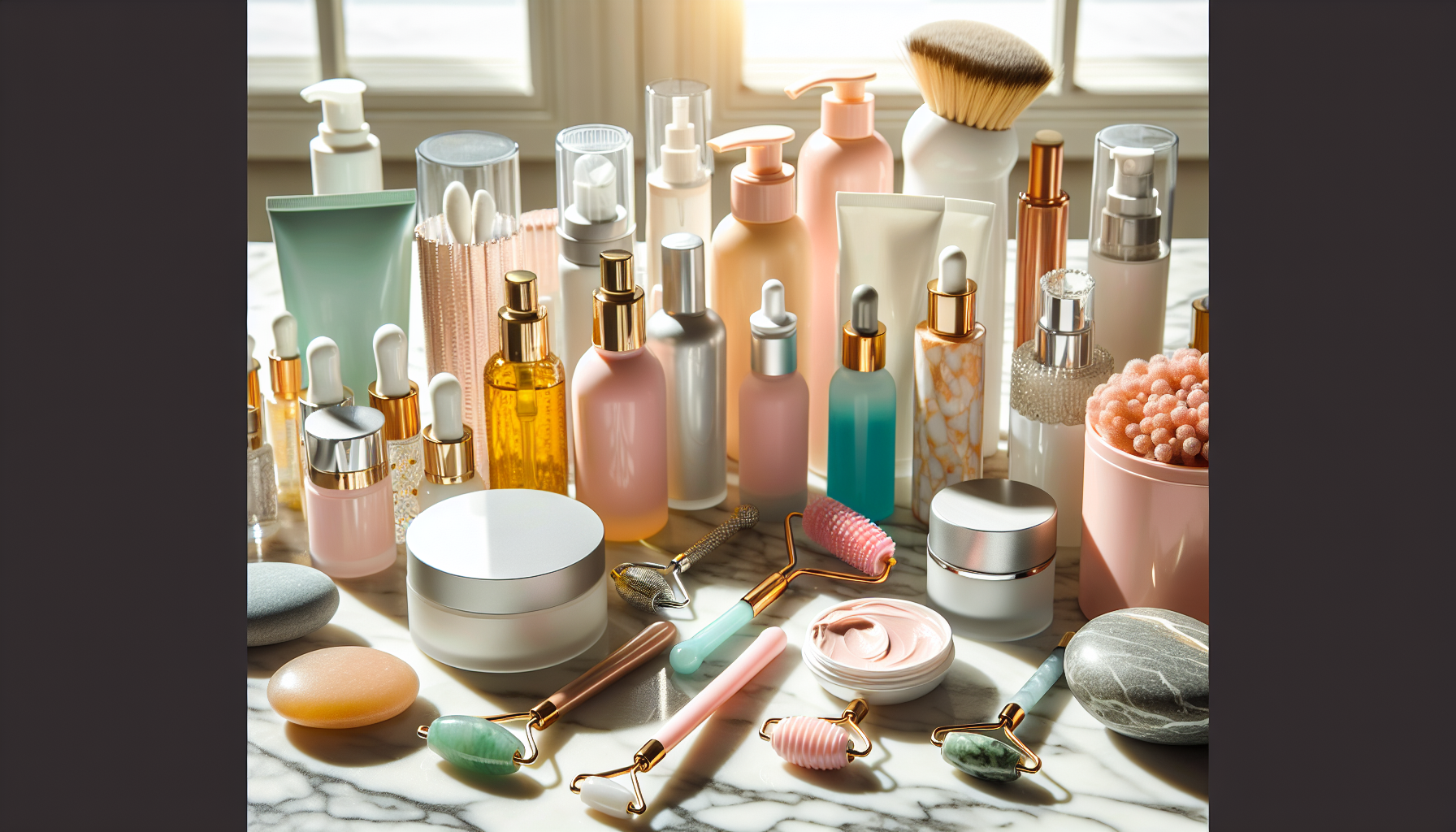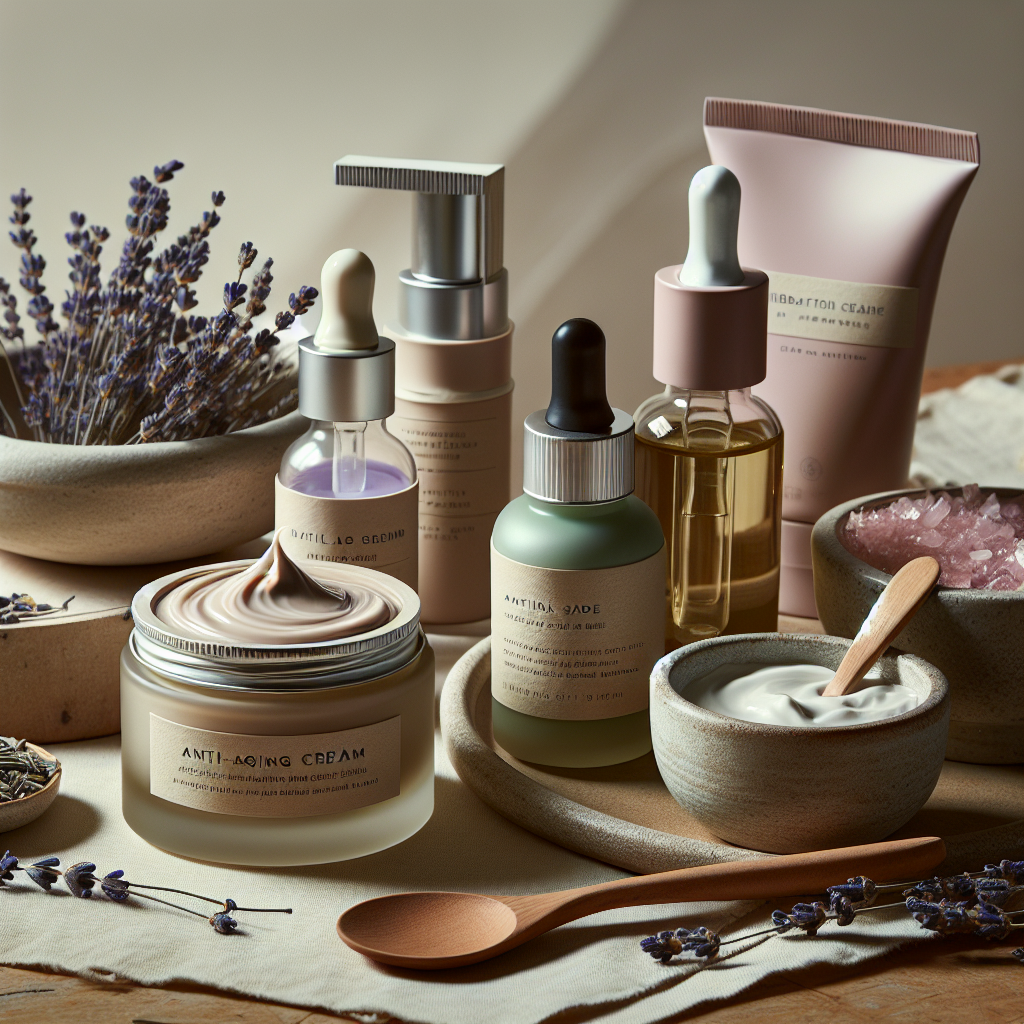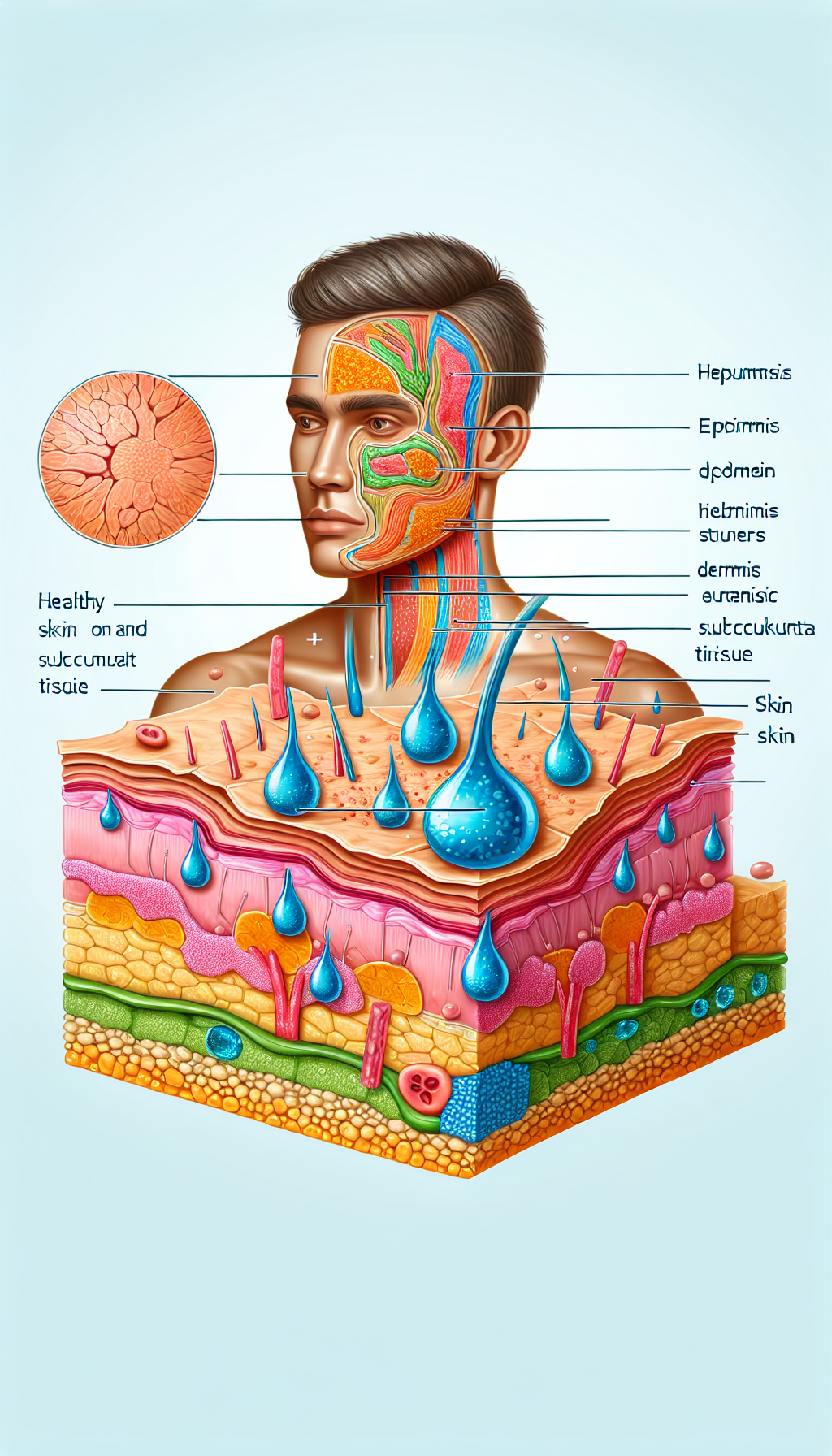A youthful complexion is a universal sign of health and vitality, and maintaining it requires a tailored approach as we navigate through different stages of life. Our skin, the largest organ of the body, reflects our overall well-being, and it’s influenced by an array of factors ranging from genetics to lifestyle choices. It’s imperative to understand that what works for your skin at one age may not be suitable as you grow older. This comprehensive guide will delve into age-specific skin care strategies designed to preserve that coveted youthful glow.
In Your 20s: Building a Solid Foundation
The 20s are when your skin is at its peak in terms of elasticity and natural glow. However, this is also the time to establish a solid skin care routine that will act as a foundation for the years to come.
- Cleansing: Choose a gentle cleanser that doesn’t strip your skin of its natural oils.
- Sun Protection: Daily application of sunscreen with at least SPF 30 can shield your skin from premature aging. Choosing Sunscreen for Sensitive Skin Types is essential to avoid irritation while protecting your skin.
- Moisturizing: A light, non-comedogenic moisturizer will keep your skin hydrated without clogging pores.
- Eye Care: Incorporating an eye cream can help to prevent early signs of aging in the delicate eye area.
In Your 30s: Prevention and Correction
As you enter your 30s, you might start to notice signs of aging such as fine lines or a slight loss of skin firmness. This is the time to focus on prevention and begin introducing anti-aging products into your routine.
- Antioxidants: Serums with antioxidants like vitamin C can help protect the skin from environmental damage. Dietary Antioxidants and Their Role in Skin Appearance also provide insight into how a healthy diet can complement your skin care.
- Retinoids: These are gold-standard ingredients for increasing cell turnover and boosting collagen production.
- Exfoliation: Gentle exfoliation can assist in removing dead skin cells and improving skin texture.
In Your 40s: Intensive Care and Nourishment
The 40s often bring more pronounced signs of aging, including deeper wrinkles and visible loss of skin elasticity. Your skin care routine will need to adapt to these changes with more targeted treatments.
- Peptides: These amino acid compounds can help to rebuild skin structure and reduce the appearance of fine lines.
- Hydration: Look for richer moisturizers that contain hyaluronic acid to provide deep hydration and plump the skin.
- Eye Care Intensified: The eye area may exhibit more significant signs of aging, so consider an eye cream with retinol or peptides.
In Your 50s and Beyond: Deep Restoration and Protection
During your 50s and beyond, hormonal changes can lead to drier skin and a slowdown in collagen production. Your skin care routine will therefore require products that offer deep restoration and protection.
- Barrier Repair: Products that contain ceramides can help restore the skin’s barrier and lock in moisture.
- Nutrient-Rich Formulas: Look for products with a high concentration of vitamins and essential fatty acids to nourish the skin.
- Gentle Cleansing: Avoid harsh cleansers that can strip away natural oils and instead opt for creamy, hydrating formulas.
Tailoring Your Routine with Expert Advice
No matter your age, personalizing your skin care routine is crucial. This might mean consulting with a dermatologist or skincare professional who can provide guidance based on your skin type and concerns. Such personalized care ensures you’re using the right products in the right way for maximum benefit.
The Role of Lifestyle in Maintaining a Youthful Complexion
In addition to topical treatments and products, lifestyle factors play a significant role in the health and appearance of your skin. Ensuring a balanced diet, regular exercise, adequate sleep, and stress management are all integral to maintaining a youthful complexion. For comprehensive insights on managing stress for better skin health, see A Guide to Managing Stress for Better Skin Health.
External factors can also impact your skin’s health. For example, regular exposure to hard water can affect your skin’s moisture levels and elasticity. Combating the Effects of Hard Water on Skin Health provides valuable tips for mitigating these effects.
Additional Resources for Enhanced Skin Care Knowledge
To bolster the points made and provide you with further reading, here are several high-quality niche resources:
- The American Academy of Dermatology offers in-depth information on various skin types and conditions, as well as tips for skin care at any age.
- Skin Cancer Foundation is an excellent resource for learning about sun protection and the importance of screening for skin health.
- The International Dermal Institute provides research and education on skin and body care, offering a wealth of knowledge for both consumers and professionals.
Conclusion
Your skin is an ever-evolving organ that requires different care as you age. By adopting age-specific skin care tips and integrating them with healthy lifestyle choices, you can maintain a radiant and youthful complexion throughout the years. Remember that consistency is key, and it’s never too late to start taking better care of your skin. Whether you’re in your 20s or enjoying your golden years, a thoughtful approach to skin care can make all the difference.



